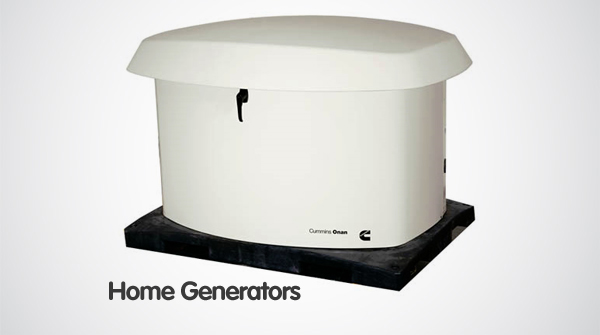
Home Generators
Home generators are standby generators that are used by homeowners as a back-up to their electrical system during utility outages. As opposed to portable generators, they are permanently installed along concrete surfaces in the home. These generators feature automatic switches that sense power outage minutes after a blackout and instruct the generator to turn on.
Read more >>
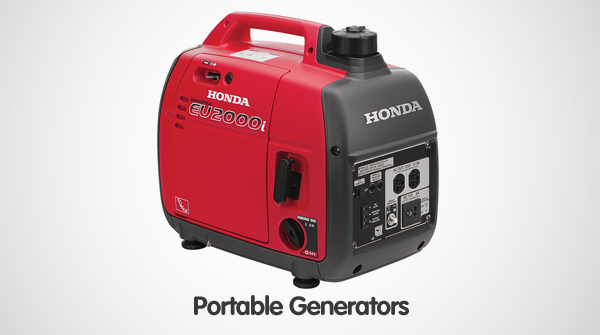
Portable Generators
A portable generator operates on a gas-powered engine to provide electricity during a power outage. The engine will turn on the on-board alternator which supplies electricity at a specific wattage. Portable generators are equipped with power outlets where you can directly connect extension cords and then link them to your appliances. The more power the generator can transmit, the more appliances you can run on the system.
Read more >>
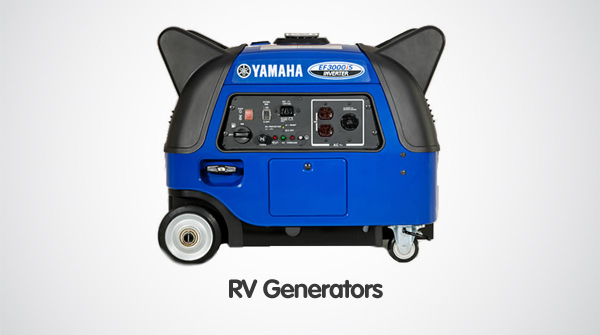
RV Generators
Whether you’re planning to take your RV around the country with your family or to get some time to yourself, having a reliable source of power can make all the difference. You may want to consider purchasing a RV generator. RV generators are power sources that are specifically designed to provide RV accessories and appliances with power.
Read more >>
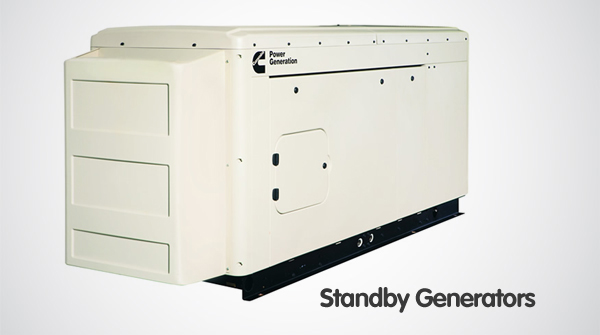
Standby Generators
Standby generators are a backup electrical system that power on automatically when there is a power outage. An automatic transfer switch on the generator senses power loss seconds after a utility outage then transfers the electric load after signaling the generator to power on. They can run on natural gas or liquid propane vapor; both allow for easy transition from utility to the generator’s backup power.
Read more >>
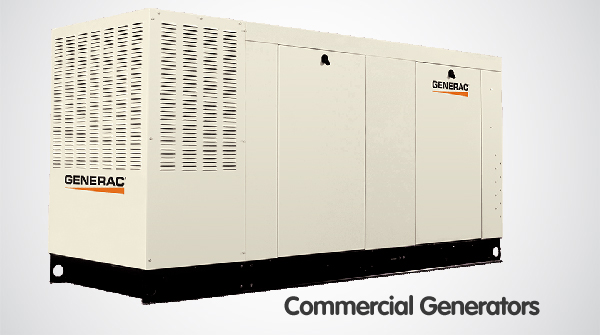
Commercial Generators
If you have recently opened a business or you’re relocating, then you may be curious as to what a commercial generator is. Simply put a commercial generator is a standby generator that is used to provide electricity to commercial properties during an unexpected power outage to maintain productivity.
Read more >>
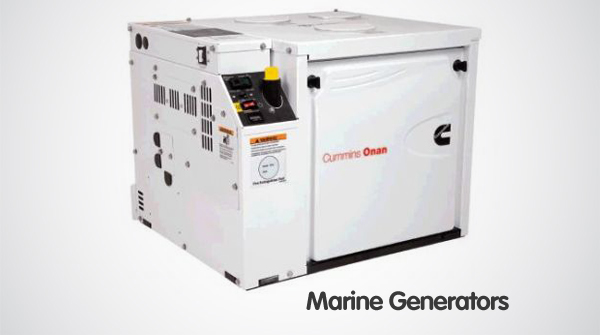
Marine Generators
A marine generator is very similar to a standard system. It uses fuel; like diesel, propane, and gasoline to power different applications at a specific wattage. While most standard generators cannot withstand moisture, marine generators are constructed to withstand corrosion from moisture in specific marine conditions. In addition, most marine generators do not require a self-contained cooling system. They are cooled by hydraulic pumps that distribute sea water throughout the system.
Read more >>
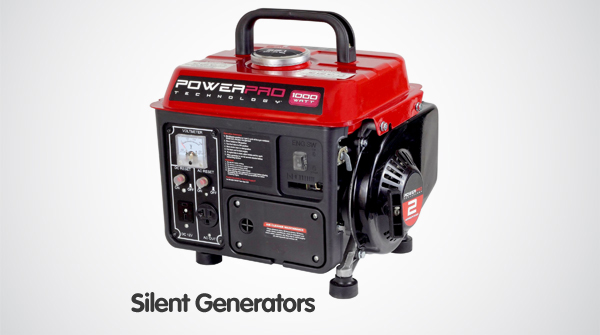
Silent Generators
A generator is classified as silent or quiet if, in a 1m distance its sound level is within 70 Decibels. They are designed with special parts that counteract the vibration of the system when it’s in operation. Enclosures are set in place to stifle the remaining sounds. Generators with a higher power generally make more noise, though in some systems this is not a hard and fast rule.
Read more >>
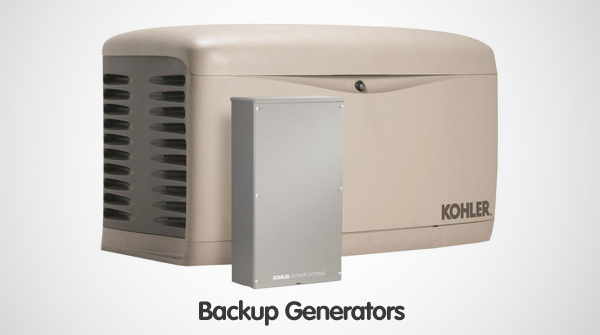
Backup Generators
Backup generators are power sources that operate automatically within minutes of electricity outages. They deliver power directly to the electrical system of your home; providing your entire property, or vital items on your property, with power. Some backup generators run on existing gas, so there is no need to refill.
Read more >>











